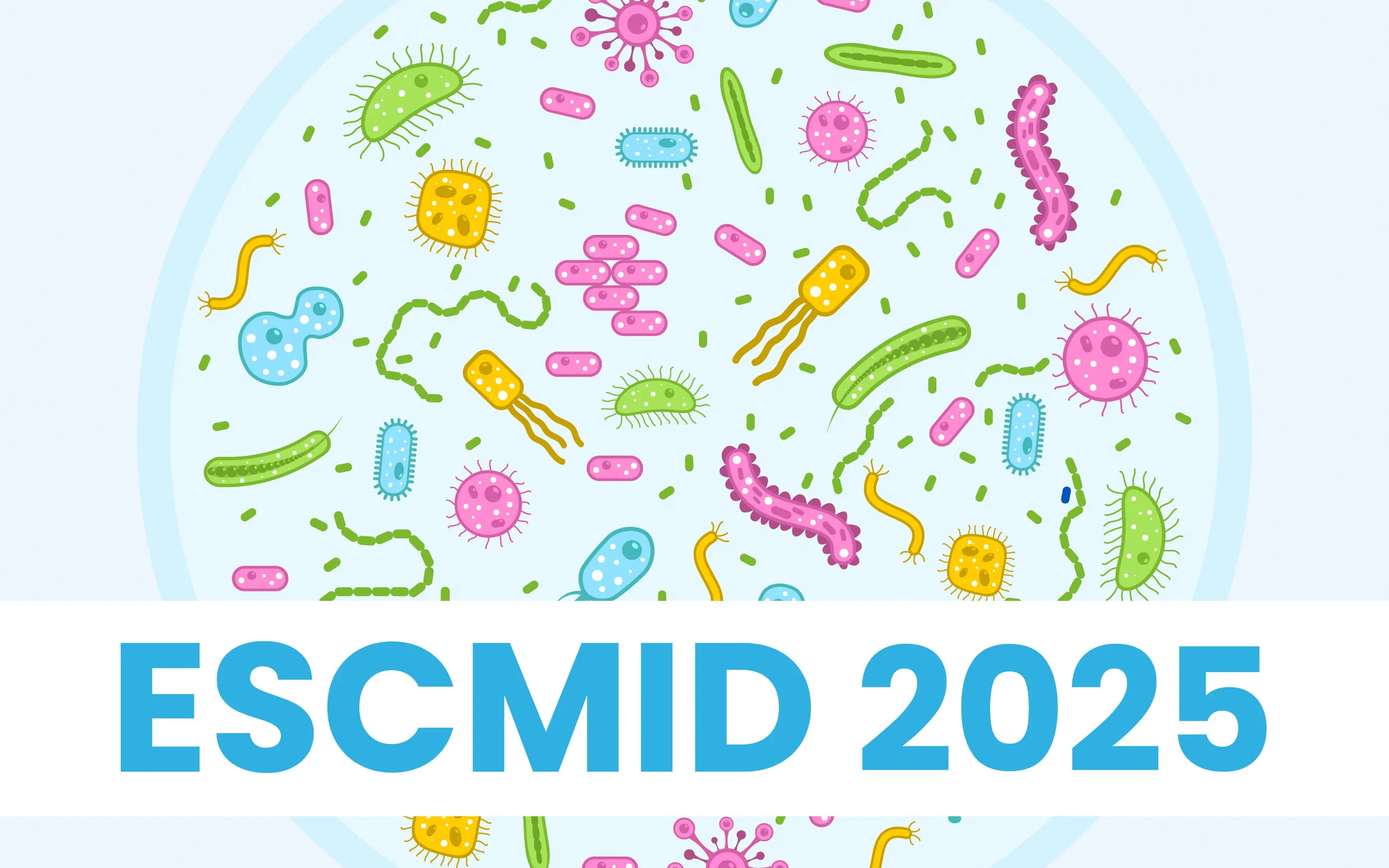The session discussed the WHO Global Research priorities for antimicrobial resistance or AMR in human health. These research priorities, outlining 33 research priorities for resistant bacterial and fungal infections in all age groups to be addressed by 2030, were encompassed in the entire people-centred journey, covering prevention, diagnosis, treatment and care of AMR infections while also addressing overarching knowledge gaps in AMR epidemiology, burden and drivers, policy and regulations, awareness, and education. Global priorities were addressed, focusing on low—and middle-income settings. The agenda and research priorities were identified through a multistage process, including a comprehensive scoping review of the literature and a rigorous priority-setting exercise known as a Chinry. In the first stage, 2,340 knowledge gaps in AMR were identified through the scoping review. These were consolidated into 177 research topics using a knowledge matrix which spans four research domains: Discovery, Development, Descriptive, and Delivery, and three AMR themes: Prevention, Diagnosis, and Treatment and Care. For example, 383 knowledge gaps pertaining to descriptive studies of interventions to prevent AMR were identified and then consolidated into 25 research topics in the same domain and theme. In the next stage, 156 experts were identified through a systematic search and an online survey; these experts reviewed the 177 research topics, suggesting additional topics or proposing the removal of existing topics. An open call on the WHO website allowed the global research community to propose additional changes. Through multiple rounds of iterative review, the expert feedback was incorporated to generate a revised list of 175 high-level research topics. In the third research stage, 234 experts participated in an online survey to prioritize research topics related to antimicrobial resistance (AMR). They assessed each topic against five criteria: filling critical knowledge gaps in AMR, the feasibility of research by 2030, the potential to mitigate AMR, translation into evidence-based policies/practices, and promoting health equity. Each topic was scored based on these criteria, resulting in a list of 33 priorities covering various aspects of AMR. The priorities are briefly outlined and available on the WHO website, with a detailed methodology to be released soon. Under the prevention theme, priorities include investigating the impact of water, sanitation, and hygiene (WASH) interventions on AMR, antimicrobial prescribing in community/healthcare settings, and identifying effective intervention strategies for infection prevention/control.
The research agenda on immunization underscores the importance of assessing vaccines' impacts on colonization and infection by resistant organisms. In terms of diagnosis, priorities focus on enhancing the accessibility and affordability of diagnostics, such as point-of-care tests for distinguishing between bacterial and non-bacterial infections and rapid identification of bacterial and fungal pathogens, along with susceptibility testing for antibiotics and antifungals. There's a specific emphasis on developing rapid point-of-care tests for sexually transmitted infections (STIs). Regarding treatment and care, priorities include antimicrobial stewardship to minimize misuse, optimizing empirical treatment, especially in resource-limited settings, and exploring pharmacy-level interventions to improve stewardship. Research priorities also include investigating treatment regimens for various resistant infections, including those caused by ESBL and carbapenemase-producing bacteria, non-typhoidal salmonella, gram-negative infections in neonates, fungi, and STIs.
The cross-cutting areas address the need to generate epidemiological and surveillance data on antibiotic and antifungal resistance and factors driving resistant colonization by organisms. One priority is related to the impact of mass drug administration. The implementation of policies and regulations, along with the development of an investment case for AMR, is addressed by the agenda, which dedicates five priorities. The research agenda emphasizes how regulatory frameworks, marketing incentives, and financing models can facilitate sustainable development and equitable access to new antimicrobials. This research agenda is expected to guide policymakers, the global research community, industry, and funders in converging research efforts and investments in critical global knowledge gaps. The agenda will address critical knowledge gaps by 2030 to contribute to national and global strategies for AMR containment. This agenda was a collaborative effort involving WHO and many external collaborators. The idea of integrating various approaches to addressing antimicrobial resistance, including infection prevention and immunization, was discussed further. The suggestion of creating a matrix to synergize interventions for multi-drug-resistant pathogens was considered positively, indicating a need for combining different strategies. Integrating diagnostics, antimicrobial stewardship, and regulatory policies in a holistic approach to combat antimicrobial resistance was acknowledged. The possibility of constructing a multidimensional matrix to enhance synergistic effects was deemed a valuable suggestion, highlighting the importance of multifaceted interventions. Another query was raised by an expert to the speaker regarding the ideal utilization of these research priorities by countries and what success would entail from this project. It was indicated that the containment of antimicrobial resistance and the enhancement of the knowledge base were desired outcomes. Increased publications on these topics and monitoring of the agenda's implementation through citations and downloads were sought. Additionally, encouragement of national-level implementation, inclusion in national action plans, and promotion of research and funding were emphasized. Monitoring funding activities, engagement with funders, and developing standardized research protocols for addressing these priorities by countries were also mentioned.
European Society of Clinical Microbiology and Infectious Diseases (ESCMID) 2024, 27th April–30th April 2024, Barcelona, Spain


